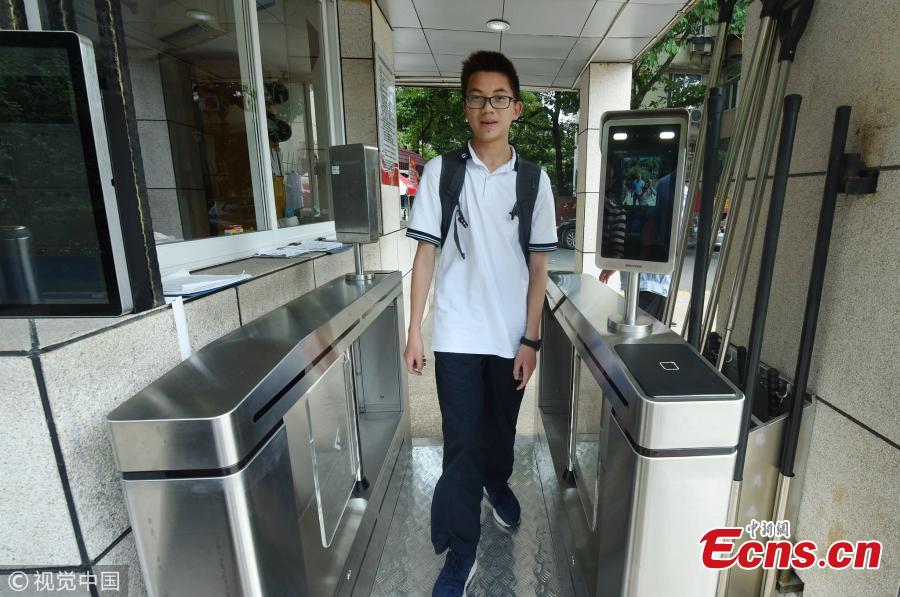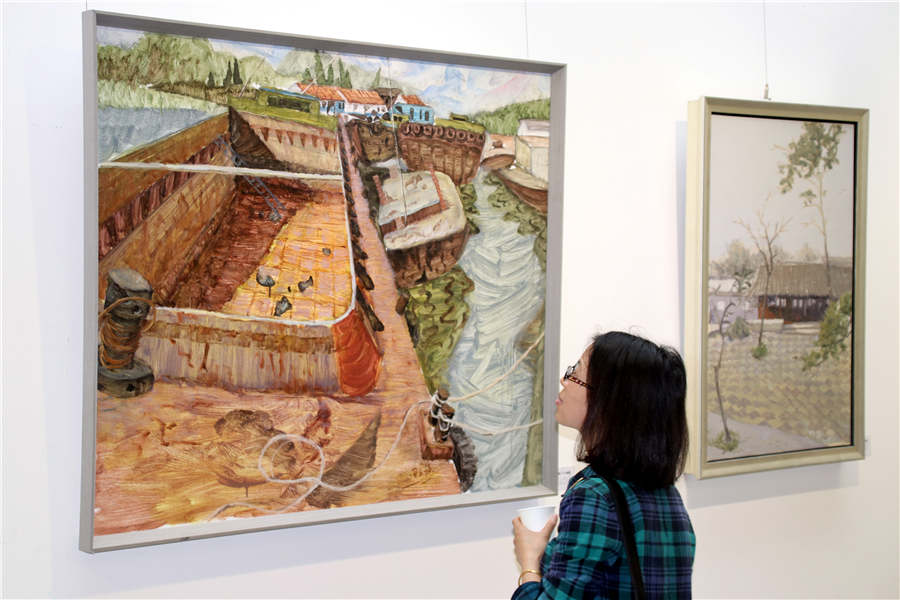China will further simplify procedures for setting up foreign-invested enterprises (FIE) to promote high-standard liberalization and facilitation of trade and investment, the State Council decided at an executive meeting chaired by Premier Li Keqiang on Wednesday.
It was decided at the meeting that a single form and one-stop services will be introduced for the business filing and business registration of foreign-invested enterprises. The whole process will be conducted online and free of charge, without the need for paper flows or presence in person. This practice, which will take effect from June 30, is expected to significantly shorten the time required for the FIE-related business processes.
Real-time sharing and coordinated management of FIE-related information will be promoted among the banking, customs, taxation and foreign exchange authorities. Government inspection will also be strengthened to ensure that measures taken will be implemented in full.
In the government work report this year, Li said that procedures for setting up foreign-invested enterprises will be simplified, and business filing and business registration will be processed together in one go.
The premier said at the meeting that consolidating the filing and registration procedures for FIEs is a matter of high significance. He called for all government departments concerned to fully collaborate and coordinate with each other in this process to make things easier for FIEs.
Statistics from the Ministry of Commerce show that over 35,600 foreign-invested enterprises were set up in 2017, up by 27.8 percent year-on-year. And paid-in foreign investment rose 7.9 percent over 2016 and hit a new record high of 877.5 billion yuan (around 140 billion U.S. dollars).
Concrete measures were also adopted at the meeting to establish a uniform e-platform for accessing government services and see that things requiring presence in person will get done in one place, without the need for a second trip.
It was decided at the meeting that an e-platform for accessing inter-connected government services at the national, provincial and city levels will be established. All government services items will be put on this platform unless the laws otherwise stipulate or for confidentiality reasons. The government will stay committed to a unified e-platform for all government services by linking up the separate networks, with few exceptions allowed for separate networks or offline government services. In principle, no individual department will be allowed to set up its independent information system.
Standardized procedures will be laid out, and list of the items requiring presence in person will be released under which single-window services will be provided to save applicants from the need of a second trip.
"Government services are to serve public good, and hence must be universally accessible. Current technologies have made it possible to have many things done online." Li said.
"What's important is to introduce a unified e-platform for all government services by linking up the separate networks. This should especially be the case for the portal websites of central government departments," he said.
It was also decided at the meeting that the procedures for accessing government services will be further simplified. There will be no repeated requirement for materials that can be shared and reused. Related mechanisms will be amended promptly in this respect. Electronic licenses will be more widely introduced, and their reciprocal recognition will be further promoted.
A uniform platform for data sharing and exchange will be established. Agencies that fail to link up government information systems at different levels will lose their eligibility for applying for new projects or funding for technical maintenance.
At least 90 percent of the services items offered by provincial-level authorities and 70 percent by city and county-level authorities will be made accessible online before the end of 2019.
The premier stressed that standardization is the way to go in applying the "Internet Plus government services" model. The regulatory authorities for cyber affairs should step up supervision and oversight.
"Information security should always be a high priority. Efforts must be stepped up to establish the corporate and individual credit systems and a unified and open government services system," he said.


















































